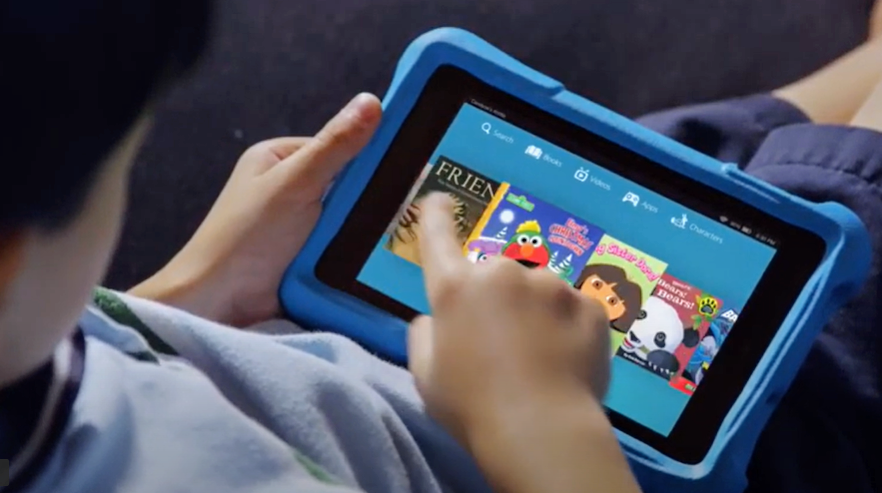A new research has shown that digital books can have a negative effect on early readers' learning. However, this is not the case when e-books include specific features to improve reading comprehension. Overall, the results revealed that young readers have more difficulties to comprehend picture books in digital version but, if the e-books contain adequate enhancements that light up the story, they are actually better than printed books.
The study was based on the analysis of 39 previous studies involving 1,812 kids between 1 to 8 years old. The research team compared the kids' level of comprehension and vocabulary development when reading a book on paper or on screen, as well as the consequences of story-related additional information in digital books and the impact of adult support.
According to Natalia Kucirkova, a professor of early childhood development at the University of Stavanger in Norway and The Open University in Britain, “If we want to support all children, we need to understand the impact of digital books and make them of higher quality. Digital books are low-cost to access and thus more readily available to students from disadvantaged backgrounds. Furthermore, we can customize digital books to a child’s level of learning by including interactive features responsive to the child.”
Any publisher of kids' digital books should pay the utmost attention about the enhancements they can make in their products, while parents and educators need to select carefully which e-books the kids in their care will read. Either way, both an e-book or a printed book will always be 1000 times better than reading nothing at all.

Picture: Child & Tablet (YouTube)



